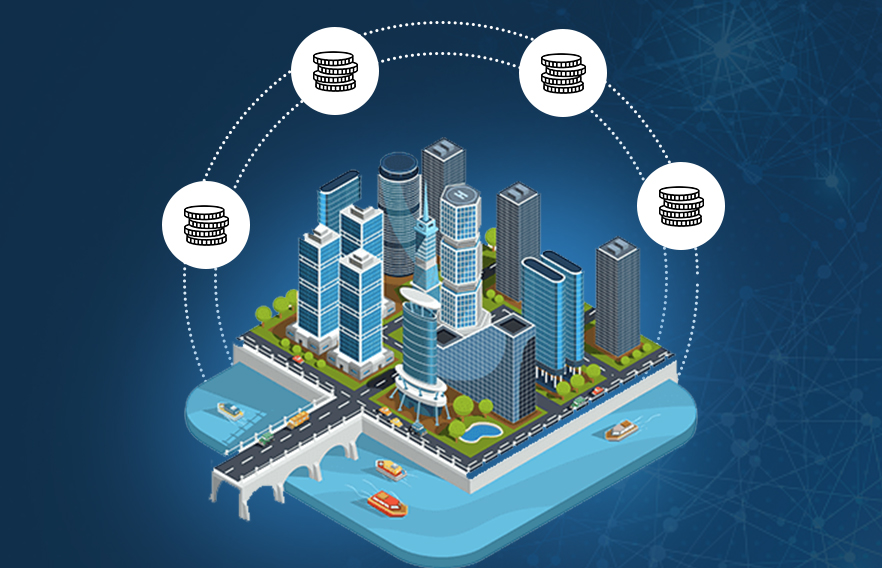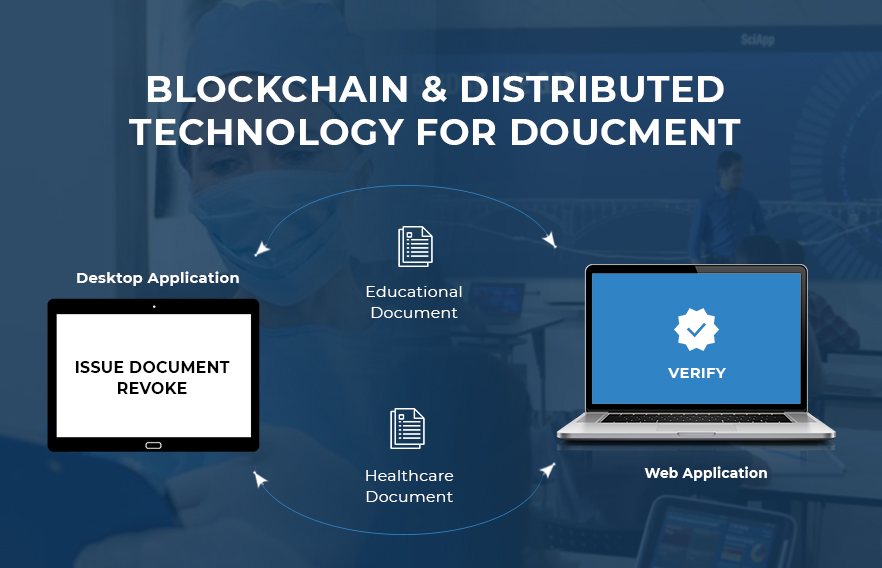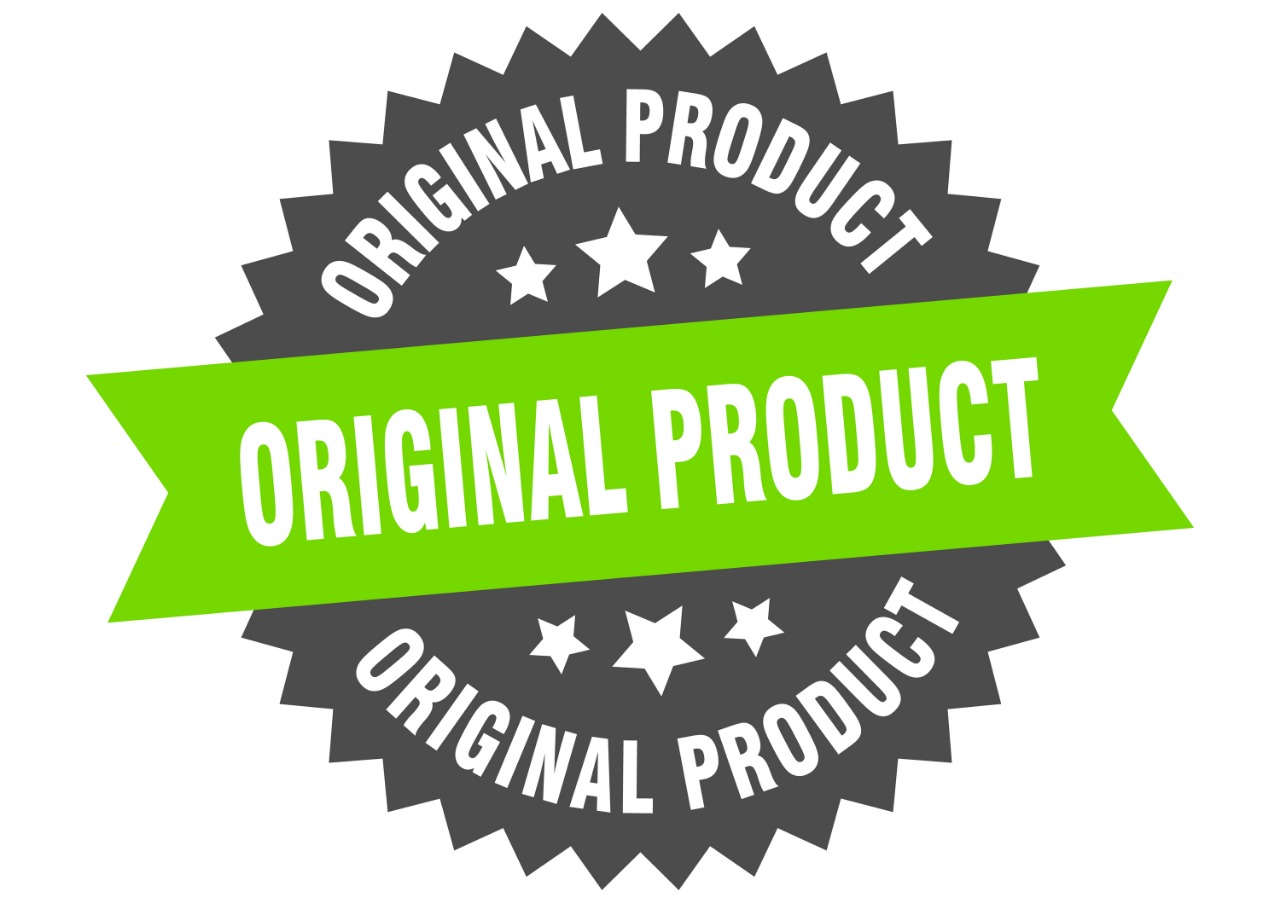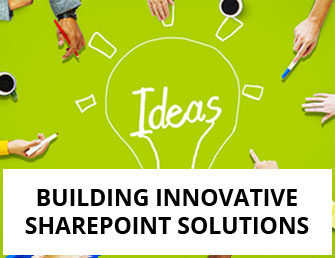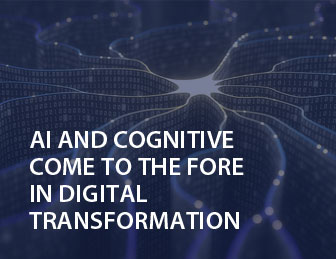Blockchain, the buzzword of this decade, is not, after all, an overhyped technology that gets used by people who wish to escape getting caught by authorities. As a matter of fact, it has a myriad of use cases that range far beyond being Bitcoin’s salsa partner, making blockchain consulting one of the hottest jobs in town.
At its core, blockchain is a distributed ledger that is built on peer-to-peer technology and is usually decentralized and open to all. In the world of blockchain, anyone can verify the authenticity of a transaction as it gets stored in an immutable and time-stamped ledger. All the transactions get stored using state-of-the-art cryptography algorithms, and every node preserves a copy of the ledger so that no party can tamper with the data at any point.
Blockchain’s primary feature is privacy, as the transactions on any blockchain can be anonymous, given that the entity has not exposed its government identity to the platform. That is why privacy-prioritizing blockchain has become a boon to the community. At the same time, blockchain continues to be a bane to the authorities, including intermediaries.
Also, blockchain enables its users to define the level of access each one of them will have over data and actions running on the network. This way, blockchain empowers its users to exchange its data between only those entities that are part of the transaction. No doubt, blockchain has taken the world by storm and has successfully transformed the way businesses operate. To help you understand the inherent power of blockchain, let us take a look at the top four use cases that are revolutionary in every sense.
Real estate tokenization and transfers
Most investors – even the most conservative ones – consider real estate to be safe to fetch the best returns. An ideal way of protecting capital is when someone invests it in commercial premises and apartments. Nonetheless, most investors may not be able to invest in a sizeable amount of capital that most of them may find unachievable, to begin with. But blockchains, especially real estate tokenization, make it possible.
With smart contracts, Ricardian contracts, and more, many real estate startups – such as Propy, ClickToPurchase, etc. – are trying to eradicate the mundane processes and paperwork involved with real estate property transfers. Whereas startups like Solidblock, Uvas, etc., have started offering seamless tokenization services for real estate assets using crypto tokens.
Issuance of healthcare and educational documents
With self-sovereign identity (SSI) and many other techniques, the centralized databases of education and healthcare systems get more strengthened and robust. For example, a healthcare database usually includes patient records such as certificates and reports. When the healthcare or educational databases are built over blockchain, the users – including patients and students – get their docs issued directly to the user’s ID wallet ap in a decentralized fashion.
On top of that, the documents can also be verified by a third party whenever required. In this way, students or patients with their records stored in decentralized educational or healthcare databases enjoy a benefit. It is that these users will not need to handle a huge stack of papers whenever they visit a doctor or an employer who needs to see their records.
Verifiable product provenance
With a blockchain-based record of the product’s origin and every change of hands, the user can stay assured that he is purchasing the original one. Most savvy producers use blockchain-enabled platforms to help their consumers and other targeted audiences understand the origin story of their product and its quality. These producers use blockchain to offer key details of the supply chain alongside the existing certifications.
That is why blockchain-verifiable product provenance is advisable while administering critical drugs or running clinical trials. This way, the data related to patients’ behaviors and the drug they got administered is always stored in an immutable fashion for everyone to see. Many businesses – such as Infinite by Suku (Running on Hedera Hashgraph, a competitor of blockchain) and Nike’s Cryptokicks (Running on the blockchain) – are sharing non-fungible tokens (NFTs) of the product identifier. Besides, businesses harness blockchain capabilities to provide accurate information with actual products so that whenever they change hands, the NFT gets transferred, too, confirming that the product is genuine.
Man-in-the-middle – go, go, go away
The early marketplaces were invented way back in the 16th century. During that time, citizens, brokers, and moneylenders would visit a specified physical location to sell and buy goods and to do business dealings. These physical locations usually included city squares where provisional governments were set up to settle debt issues and where trade activities happened.
With time, these exchanges involved middlemen. That is what we see today when two parties engaged in a transaction will have to visit an intermediary. That intermediary used to govern the authenticity of the transaction – and in return, the intermediary charged a hefty amount from both the parties.
This, however, changed with the advent and adoption of blockchain.
Imagine your worldwide transfers getting settled in a few moments – Ripple. Imagine getting paid automatically for the artwork every time it has got resold without queuing up outside the art gallery or making a new one or both – NFT platforms such as Opensea, Rarible, and Wazirx. Imagine being able to check the payments made with your donations by an NGO in a verifiable format! You do not have to imagine all that anymore, as these use cases are already running in a near-perfect fashion using blockchain.
Now, go back to your thoughts and write –
- Blockchain is not overhyped.
- Bitcoin is not a get-rich-quick scheme.
Convinced about the potential that blockchain can help unlock or still need more understanding? Give us a holler for blockchain development solutions and for meeting your enterprise-class blockchain consulting requirements. Call +1.844.3539.746 or email to: info@flexsin.com for more details.


 Anurag Dutt
Anurag Dutt